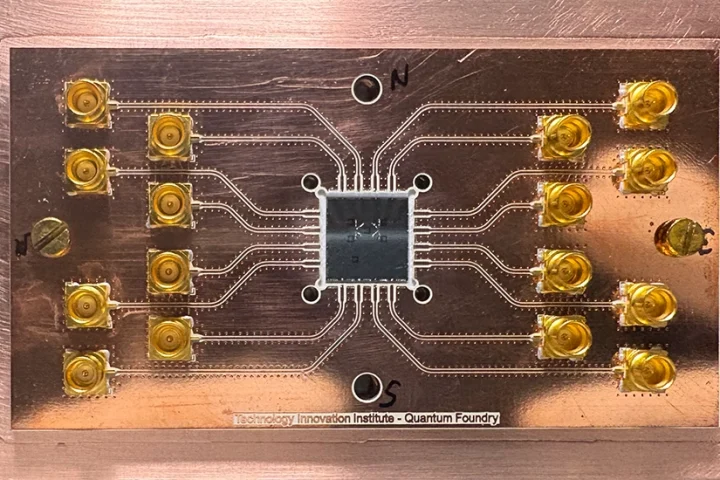As smart cities become a reality in the GCC, smart buildings are increasingly becoming more prevalent because of the optimized efficiency and convenience they offer, for both operators and tenants. However, wider adoption of smart building technology should stimulate corporations and governments to ensure that they are adequately prepared for potential cyber risks, stated in a comprehensive report titled ‘Cybersmart Buildings’ co-authored by Booz Allen Hamilton and Johnson Controls. Smart buildings operate as a link between the physical and digital world and leverage data to optimize operations and lower facility costs, while increasing safety and sustainability. Cyber threat actors have demonstrated capability and intent in hacking building automation systems, safety systems, and critical environmental technology. Smart system network designs must be secured, if integrated with IT systems and networks, to make sure internal systems are not exposed to new threat vectors from building automation systems.
Dr. Adham Sleiman, Vice President, Booz Allen Hamilton says, “Cross-functional cooperation between internal and external stakeholders is a must, including IT, cybersecurity and facility teams, external business partners and vendors. This will ensure that the truly transformative benefits of automation and connectivity can be protected so that smart buildings can achieve their full potential.”
Wayne Loveless, Principal, Booz Allen Hamilton says: “Cybersecurity isn’t a tax on the business, it is not simply an IT issue, and it certainly shouldn’t be a scare tactic. It is a business enabler and, when executed effectively, it is about insuring your investment and generating returns.”

















